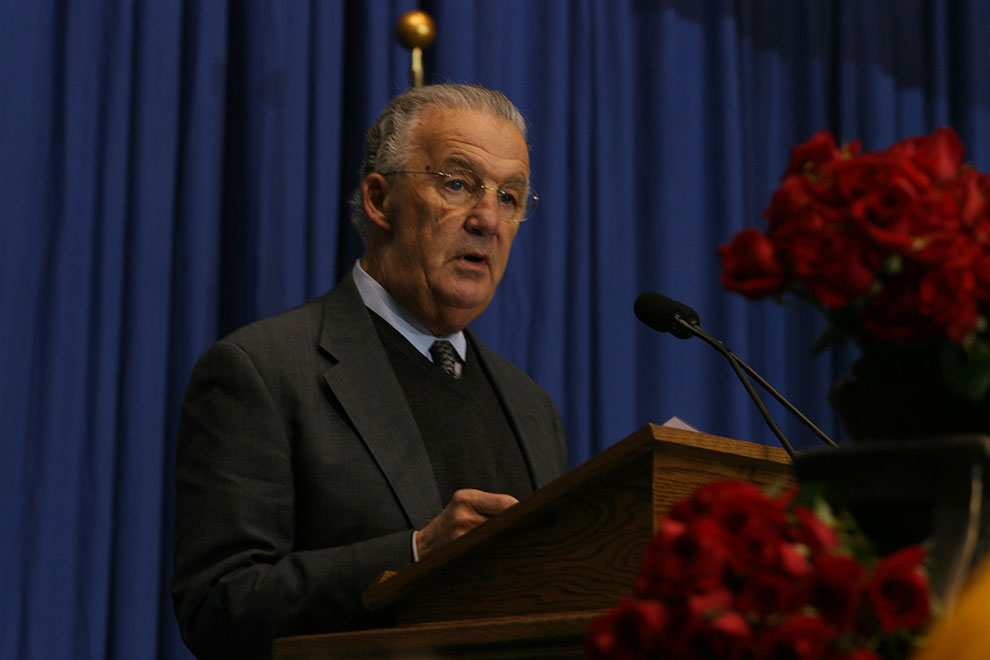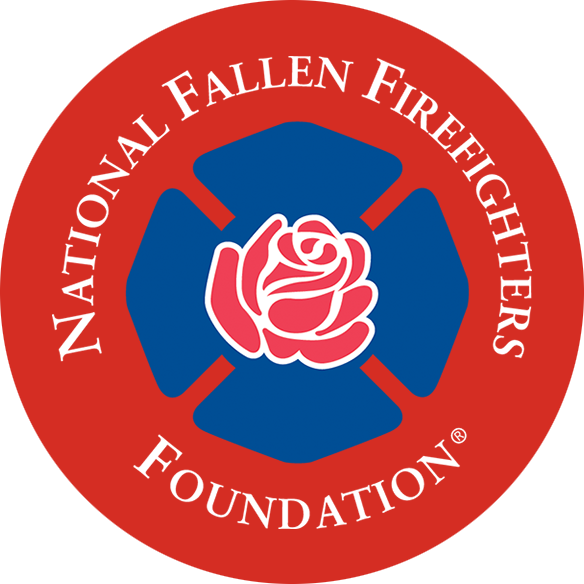
The National Fallen Firefighters Foundation (NFFF)
scholarship program is named after Senator Paul Sarbanes to honor his tireless
dedication to supporting firefighters and fire safety throughout his career. As
a U.S. Senator from Maryland, Sarbanes played a crucial role in the
establishment of the NFFF, introducing the legislation in 1992 that led to its
creation. For 14 years, he remained a staunch advocate for firefighter safety
and well-being, ensuring that the Foundation had a strong presence in Congress
until his retirement in 2006.
The scholarship program is designed to assist spouses, life
partners, children, and stepchildren of firefighters honored at the National
Fallen Firefighters Memorial. It provides financial support for college
tuition, books, and other educational costs. Scholarships are awarded based on
academic achievement and financial need, and they can be used for a variety of
educational programs, including undergraduate and graduate studies, vocational
training, and job certifications at accredited institutions across the U.S.
Senator Sarbanes’ legacy in advocating for the fire service
community makes him a fitting namesake for a program that continues to support
the families of fallen firefighters.
Eligibility Requirements
- Spouse, life partner, child, or stepchild of a fallen firefighter honored at the National Fallen Firefighters Memorial in Emmitsburg, Maryland. Children must currently be under the age of 30 AND have been under the age of 22 at the time of their firefighter’s death.
- Applicant must possess a high school diploma or equivalency or be in their final year of high school.
- Applicant must currently be pursuing, or planning to pursue undergraduate or graduate studies, a certification program or job skills training at an accredited institution, online college or university.
- Applicant must be currently enrolled or planning to enroll as a full-time or part-time student.
- Applicant’s minimum cumulative grade point average of 2.0 on a 4.0 scale or “C” average for applicants pursuing an academic degree.
Award Criteria
- Submission of a completed scholarship application by March 1.
- Awards will be determined based on a composite score that considers financial need with an emphasis on academic performance. Applicants with higher composite scores will receive enhanced scholarships relative to applicants with lower composite scores.
- Spouses and life partners are automatically assigned a top tier score on academic performance and financial need, exempting them from providing financial information.
- Academic performance for children and stepchildren will be assessed based on an evaluation of factors, including: (i) whether the student is pursuing a major in either public safety or a STEM subject in the field of science, technology, engineering or mathematics; (ii) the nature of the student’s course load and the student’s GPA; and (iii) the student’s tuition load relative to the anticipated employment prospects of the chosen major.
- Financial need for children and stepchildren will be assessed based on an evaluation of the applicant’s FAFSA® Student Aid Report, which should be submitted with the application form but is not required. Awards will vary based upon a composite score representing the sum of the financial need score and academic performance score. Applicants who do not submit financial information will have lower composite scores which may lead to a lower scholarship award than would otherwise have been received.
Terms of Awards
- All scholarships are paid directly to an officially accredited institution on behalf of the scholarship recipient.
- Scholarships may be used for tuition, required books and equipment, and related academic expenses.
- Scholarships are for one academic year. Applicants may reapply for assistance in up to four separate years. The receipt of a scholarship does not guarantee future awards.
- Recipients must complete the planned course of study for the academic term for which they receive the scholarship. If a recipient withdraws from the educational institution, voluntarily or for any other reason, any unused funds will be returned to the Foundation. In no case, may a recipient receive cash from the Foundation’s scholarship award.
- Any change of schools or program of study requires prior approval by the Foundation to continue the scholarship. A new institution or program must also be officially accredited.

